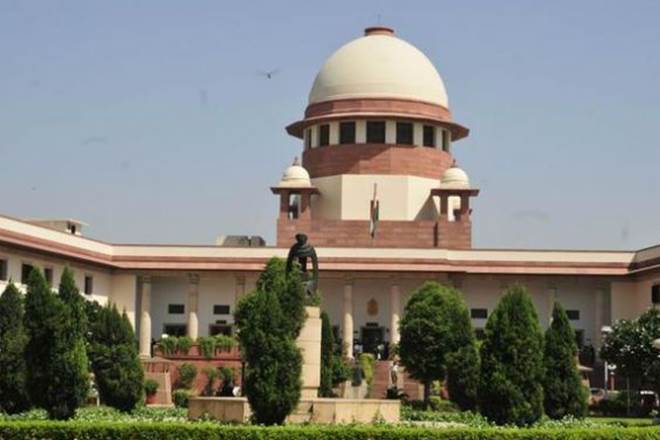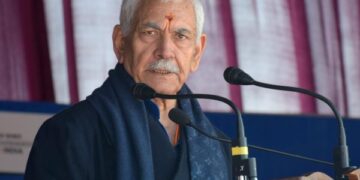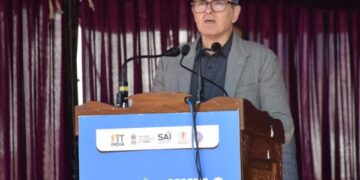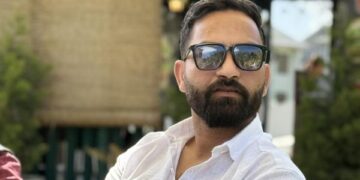New Delhi, Jul 20 : The Supreme Court today reserved its order on a plea by Muslim groups of the Ram Janmabhoomi-Babri Masjid title dispute seeking reconsideration by a larger bench the observations made by it in a 1994 verdict that a mosque was not integral to Islam.
M Siddiq, one of the original litigants of the Ayodhya case who has died and is being represented through his legal heir, had assailed certain findings of the 1994 verdict in the case of M Ismail Faruqui holding that a mosque was not integral to the prayers offered by the followers of Islam.
It was argued by Muslim groups before a special bench comprising Chief Justice Dipak Misra and justices Ashok Bhushan and S A Nazeer that the “sweeping” observation of the apex court in the verdict needed to be reconsidered by a five-judge bench as “it had and will have a bearing” on the Babri Masjid-Ram Temple land dispute case.
“The order is reserved,” the bench said and asked the parties to give written submissions by July 24.
Senior advocate Rajeev Dhavan, appearing for legal representative of Siddiq, said the observations that mosques are not essential for practising Islam were made by the apex court without conducting any enquiry or considering the religious texts.
“It was a sweeping observation which requires to be reconsidered before the apex court hears the title dispute,” he said.
At the outset, sharp exchanges of words took place when a lawyer objected to Dhavan’s earlier remarks that “Hindu Taliban” had destroyed the Babri mosque in 1990.
“He cannot be allowed to use such words against the entire Hindu community,” the lawyer said.
“The destruction of Babri mosque was a terrorist act. I will not take back my words. I stand by my words,” Dhavan said.
The bench termed the use of words (Hindu Taliban) as inappropriate and said that the decorum of court should be maintained.
It asked the security guards to escort the lawyer, who had entered into verbal duel with Dhavan, outside the court room.
On July 13, Dhavan had said that the Babri Masjid was destroyed by the “Hindu Taliban” just like the demolition of the Buddha statue by the Taliban at Bamiyan in Afghanistan.
The Uttar Pradesh government had earlier told the top court that some Muslim groups were trying to delay the hearing in the “long-pending” Ayodhya temple-mosque land dispute case by seeking reconsideration of the observation in the 1994 verdict that a mosque was not integral to Islam.
Additional Solicitor General Tushar Mehta, appearing for the Uttar Pradesh government, had said this dispute has been awaiting final adjudication for “almost a century”.
He had also said that the issue of the observation was neither taken up by any litigant since 1994, nor in the present appeals which were filed in 2010 after the high court’s verdict.
The state government had said the law decided by this court in the Ismail Farooqi case was “the correct law which does not deserve to be disturbed either by referring it as belatedly prayed for or otherwise”.
Earlier, Hindu groups had opposed the plea of their Muslim counterparts that the 1994 verdict holding that a mosque was not integral to the prayers offered by the followers of Islam be referred to a larger bench.
The observations were made in the land acquisition matter pertaining to the Ayodhya site and the apex court had to consider two aspects as to whether a mosque could be acquired at all and whether a religious place of worship like a mosque, church or temple was immune from acquisition if it is a place of special significance for that religion and formed an essential and integral part of that religion.
The special bench of the apex court is seized of a total of 14 appeals filed against the high court judgement delivered in four civil suits.
A three-judge bench of the Allahabad High Court, in a 2:1 majority ruling, had in 2010 ordered that the land be partitioned equally among three parties — the Sunni Waqf Board, the Nirmohi Akhara and Ram Lalla.







